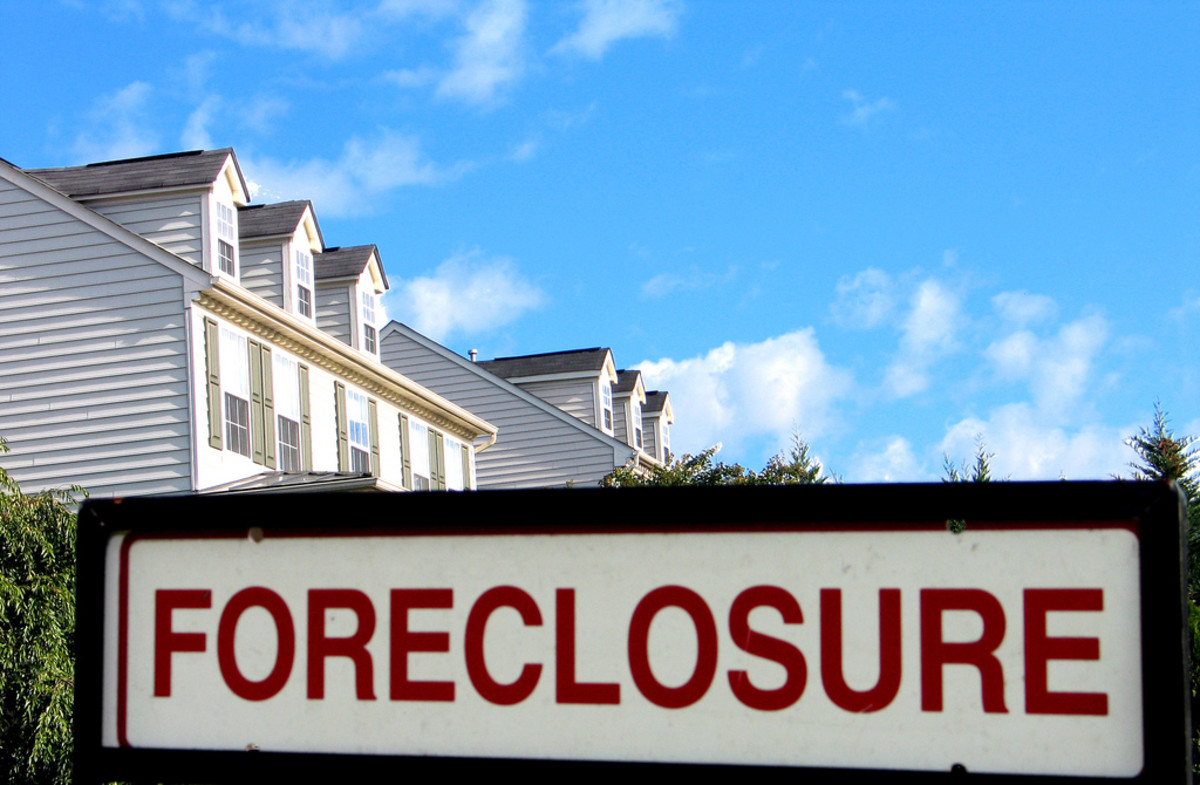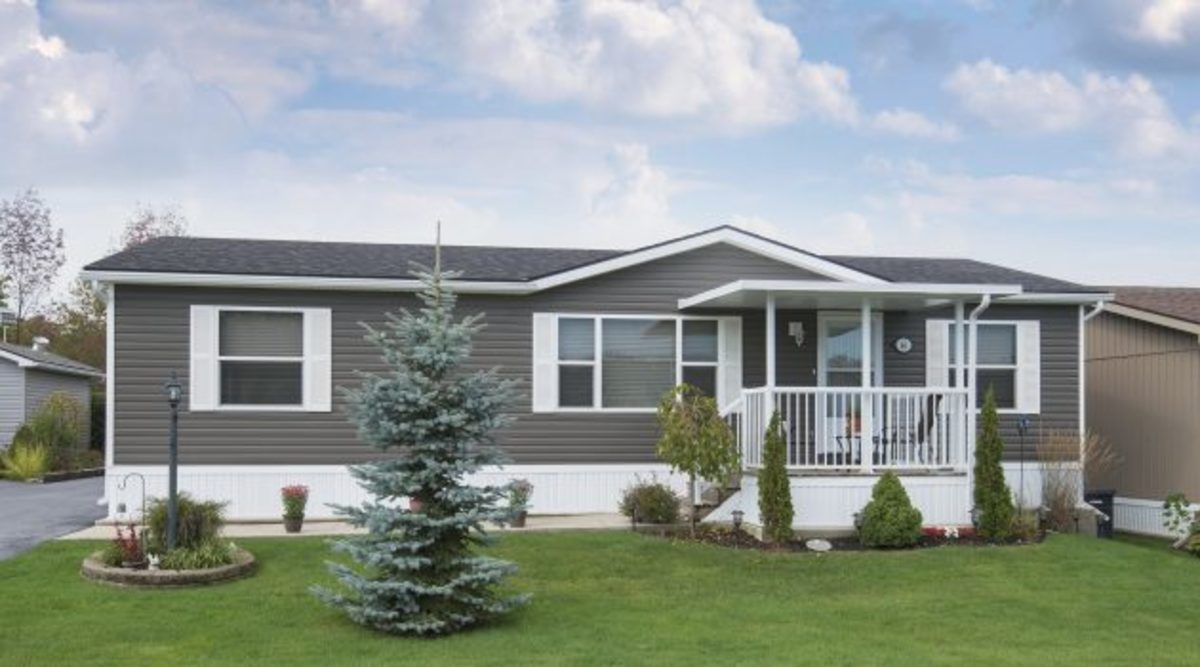Save Money on Your Mortgage
Protect Your Most Precious Assets

Three Things to Do Right Now
There are three major things you can do to save money on your mortgage and pay it off in a lot less time, and in some cases, cut your mortgage repayment schedule in half.
The first technique is to set up automatic payments of your mortgage so that you are never, ever late. Once this is done, split the payment in half and pay on the 1st and the 15th of the month. So, for example, if your mortgage was $1000, you would pay $500 on the 1st and $500 on the 15th of each month. This changes the way the bank calculates the payment.
The second technique is to make at least one whole extra mortgage payment per year, maybe in November or in December. This money will go directly to the mortgage itself and not to pay off the interest. When you write the check, make sure you put the following words in the memo line: "Towards balance."
The third technique is to add a little extra to each payment, as much as you can spare. If you can pay just an extra $100 towards your mortgage every month, this will really reduce the balance quick. Again, if you do this, make sure it is split in half. So using the above example, you would then pay $550 on the 1st and again on the 15th, another $550.
If you utilize the above techniques in conjunction with each other, you will pay off your balance much quicker and they cannot charge you interest on money you do no longer owe. So the name of the game is to pay down the balance as quickly as possible. Once you implement these rules as quickly as possible, you can cut your mortgage payment time in half. A thirty year mortgage can easily be paid off in 15 years if you combine all of these techniques.
Mortgage Insurance (and a Cautionary Tale)
Now the next most important and practical way to save money on your mortgage is to also take out a Mortgage Insurance policy. This is different from your house insurance that covers any damage done due to fire, flood, earthquake or heavy storms, etc. Mortgage Insurance is best when you are married or have children to whom you would want to leave the house in the event of your untimely demise.
How Mortgage insurance works is this:
A married woman with children is a stay-at-home mom with no income.
The husband is the sole breadwinner and provider of housing costs.
A Mortgage Insurance policy is purchased as a "just in case" back up plan,
on the husband's life because he is the sole provider for the family.
There is $75,000 left to pay on the house. Suddenly the husband dies.
The Mortgage Insurance kicks in, the house is paid off in full and the
Stay-at-home mother only needs to pay the yearly taxes and regular house
insurance from now on. She will need to find a job, but a part time job will
provide taxes, utilities, clothing and food for her children and they will still
have mom at home for much of the time.
My Personal Cautionary Tale...
In my husband's case, he purchased our house conjointly with his father. His father paid for the down payment, but my husband paid for the mortgage monthly. We all lived together, grandpa in his own portion of the house in the "in-laws" quarters and my husband and I, and our children in the rest of the house. We lived for ten years in this situation.
What I know now and wish I had back then, was that they BOTH needed mortgage insurance. My husband and I divorced, I let him have the house so he could live there with the children half time. (They lived with me in the city half time in my apartment.) I didn't want to take away the only home they had ever known because in the state of California, the courts would have made us sell the house and share the money from the sale. Plus, I didn't want to upset his father's living situation either. So I bowed out, gracefully.
Well my husband had cancer and hid this fact from me, claiming that his melanoma was removed and for many years "we" thought he was healthy. (We, meaning I.) Nine months after the divorce was finalized, he died from metastasized melanoma. His father was left paying the mortgage on his own while upsetting the lives of all his family members that had to move 12 hours from their home to care for him daily. (My husband and I had to care for him our entire 12 year marriage)
So when his dad passed on, the house was finally paid off and the family got the house and my children no longer have access (and are inexplicably no longer included nor invited to) in this house of their childhood. There is no legal recourse for me, as I gave away the house in the divorce. And their father never left a will, so we all lost.
So that is my cautionary tale. When dealing with a house you need several things:
1. Mortgage Insurance for EVERYONE involved
2. A Will for EVERYONE involved
3. A Definite Plan of Action in CASE of divorce or death
This is an extremely smart plan and is highly recommended because even if your health is great, you just never know how or when your time clock will be punched!
Cool Idea!









